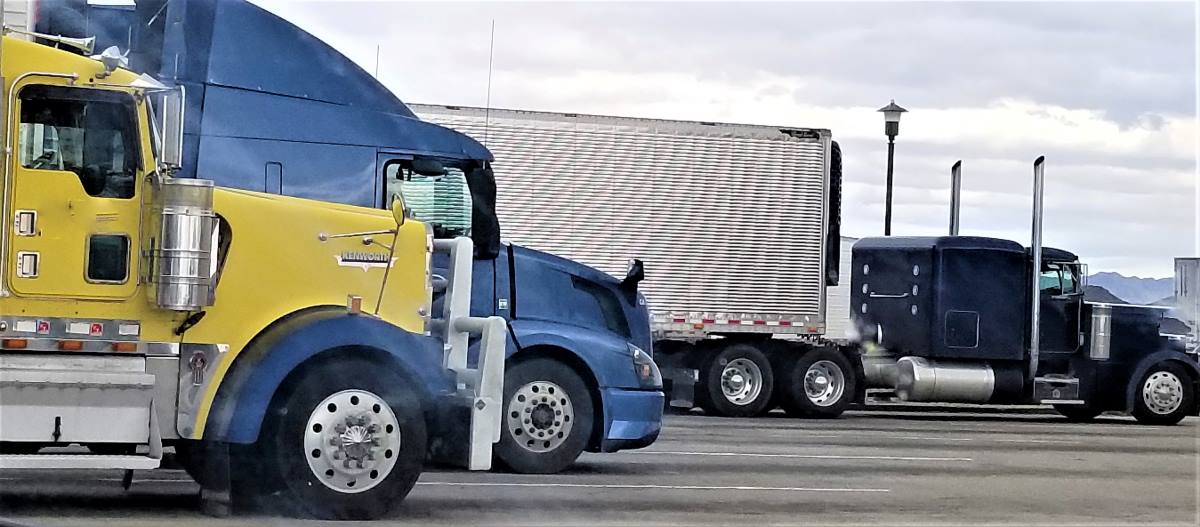2000+ Cashless Garages
60 Lakh+ Policies Sold

Accessibility Options

General

General Products
Simple & Transparent! Policies that match all your insurance needs.


37K+ Reviews
7K+ Reviews
Scan to download

Life

Life Products
Digit Life is here! To help you save & secure your loved ones' future in the most simplified way.


37K+ Reviews
7K+ Reviews
Scan to download

Claims
Claims
We'll be there! Whenever and however you'll need us.


37K+ Reviews
7K+ Reviews
Scan to download

Resources
Resources
All the more reasons to feel the Digit simplicity in your life!
 Tools & Calculators
Tools & Calculators


37K+ Reviews
7K+ Reviews
Scan to download

37K+ Reviews
7K+ Reviews
Select Preferred Language
Our WhatsApp number cannot be used for calls. This is a chat only number.

Enter your Mobile Number to get Download Link on WhatsApp.
You can also Scan this QR Code and Download the App.
2000+ Cashless Garages
60 Lakh+ Policies Sold


Check Price

Buy Commercial Vehicle Insurance Online
It's a Brand New Vehicle

In the world of transportation, two terms often appear interchangeable but carry subtle differences that set them apart: "lorry" and "truck."
These vehicles are the workhorses of industries, logistics, and commerce worldwide, serving as the backbone of goods and materials transportation.
Yet, what is the difference between a truck and a lorry, and how significant are these disparities?
In this comprehensive article, we'll explore the distinctions between a truck and a lorry, highlighting their respective attributes, applications, and regional variations.
It is a motor vehicle designed primarily for the transportation of goods. Trucks can range from compact pickup trucks used for personal transportation and light hauling to heavy-duty tractor-trailers that traverse long distances to far-flung corners of the world.
Examples of Trucks can include Pickup truck, Delivery van, Dump truck and Semi- truck.
A lorry, also known as a truck in some regions, is a motorised vehicle designed primarily for the transportation of goods, cargo, or materials over long distances and for various industrial and commercial purposes.
Examples of Lorry can include Box lorry, Refrigerated lorry, Flatbed lorry and Tipping lorry.
In general, both trucks and lorries are motorised vehicles designed for transporting goods and cargo.
Here's a general difference between a truck and a lorry:
|
Specification |
Truck |
Lorry |
|
Size |
Varies depending on the type of truck, but generally smaller than a lorry. |
Varies depending on the type of lorry, but generally larger than a truck. |
|
Engine Capacity |
Varies depending on the type of truck, but typically between 4 and 13 litres. |
Varies depending on the type of lorry, but typically between 10 and 20 litres. |
|
Max load weight |
Typically between 3.5 and 32 tonnes. |
Typically between 32 and 60 tonnes. |
|
Max load size |
Up to 12 metres long and 2.5 metres wide. |
Up to 15 metres long and 2.8 metres wide. |
|
Travel distance limit |
Smaller trucks may have shorter ranges, while long-haul commercial trucks are designed for extended journey. |
Lorries, especially those used for long-haul transportation, are designed for covering substantial distances without frequent stops for refuelling. |
|
Durability of the vehicle |
The durability of a truck can vary widely based on factors like the manufacturer, maintenance, and usage. Some trucks are built for rugged use. |
Lorries often have reinforced chassis and components to withstand the stress of carrying heavy loads over extended periods. |
